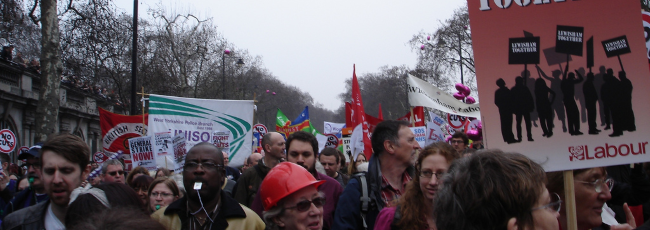The LP platform stitched up Conference over Brexit by refusing a card vote. I think this power needs to be taken away, and so have drafted this rule amendment. It is interesting that the old rule no longer exists and has been transferred to Conference Standing Orders.
C3.III.G
Insert before These standing orders will be presented ……
The Conference Standing orders are to state that voting will be by show of hands except a card vote will be undertaken as decided by the CAC who shall in their report to conference determine which votes must be resolved by a card vote. Card votes may additionally be invoked by the Chair of Conference and shall be so invoked if called for by 30 delegates.
ooOOOoo
One thing to be noted is that Conference still has the last word on the contents of the Programme (C1.V.2). For inclusion, the Programme, it needs to be approved by Conference by a ⅔ majority. Policy cannot be included in the manifesto without this approval, so the Brexit position, free train fares and free broadband would seem to be promises we should not have made. I am equally unclear where the Faith and Culture manifestos came from. (I don’t even know if they were approved by the Clause V meeting.) Policy votes where not overwhelming should be counted by a card vote to ensure that it is accurately recorded as meeting the necessary thresholds be it ½ or ⅔ majority. …






